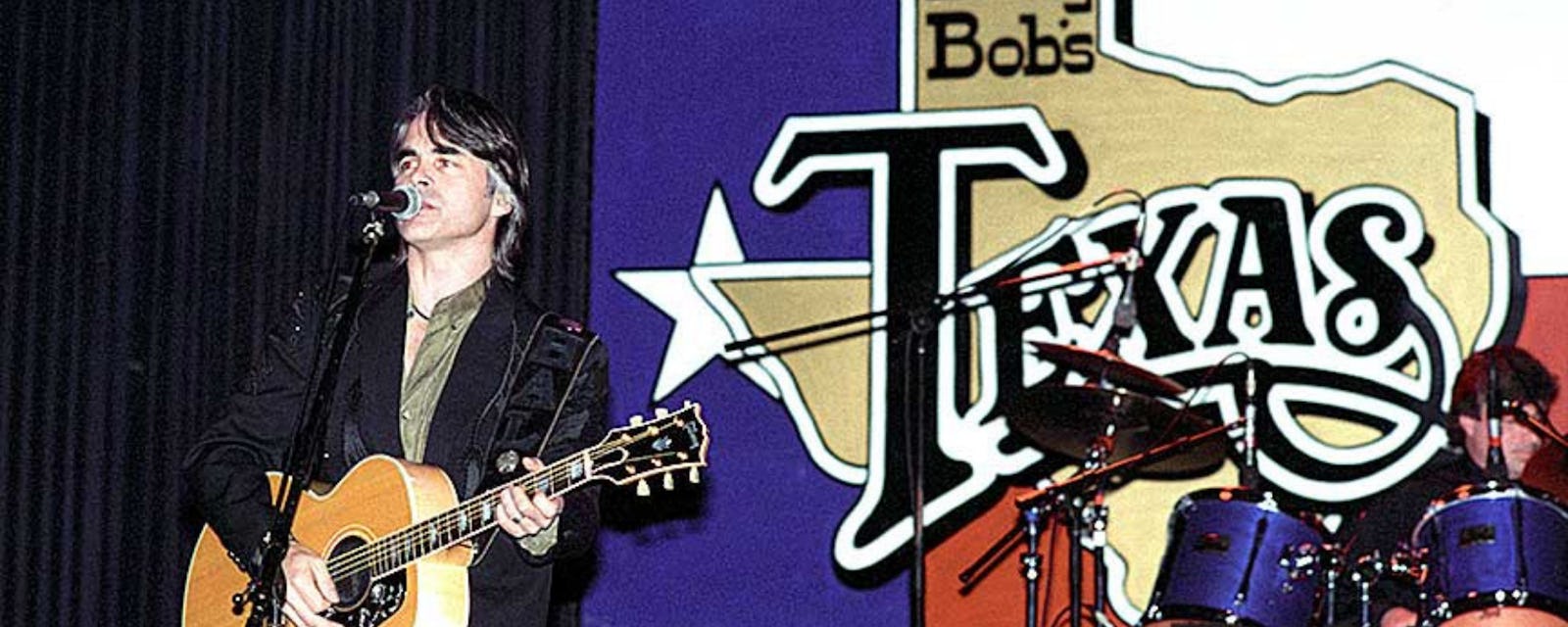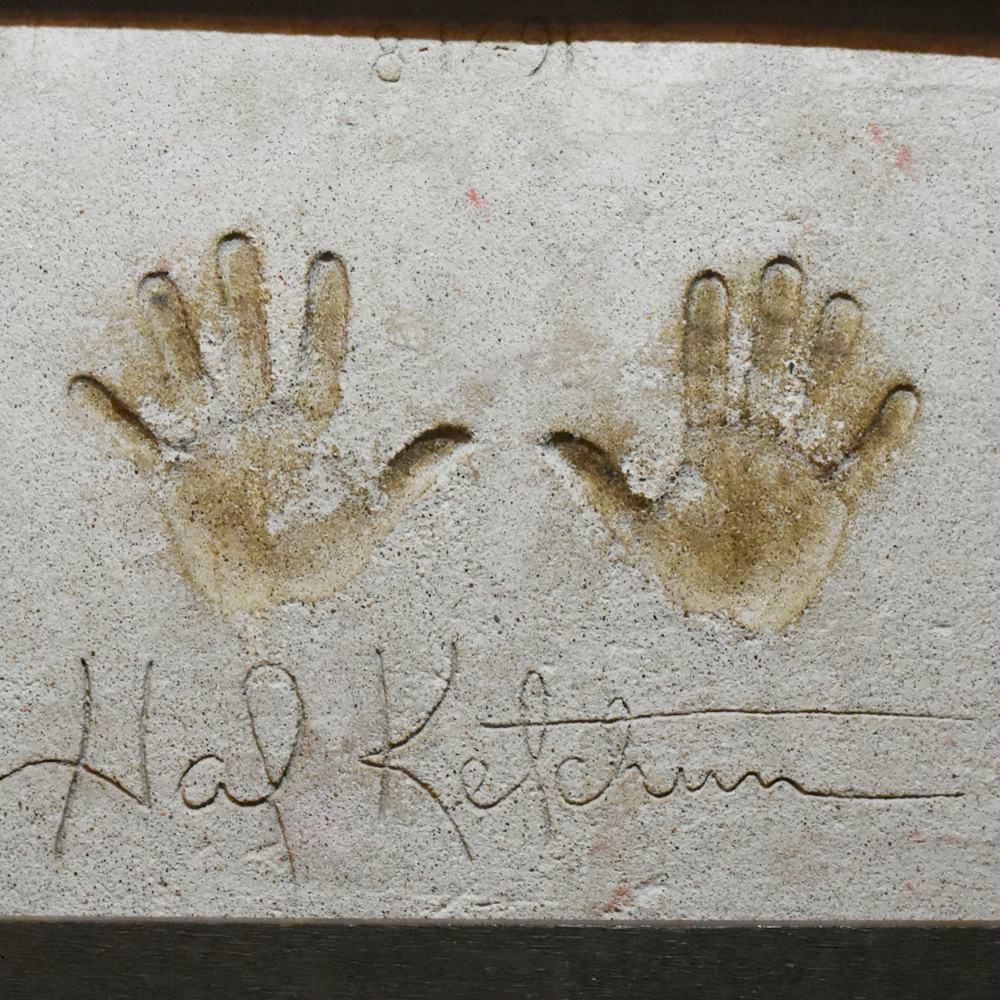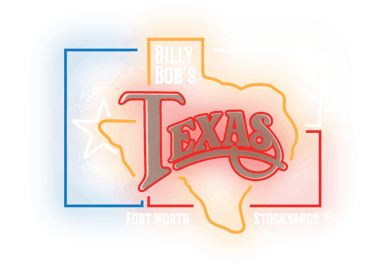
Hal Ketchum
HISTORY WITH BILLY BOB’S:
On August 17, 1991, Hal Ketchum cemented his hands on to our “Wall of Fame.”


ABOUT HAL KETCHUM:
Reared in the village of Greenwich in the gorgeously verdant countryside of upstate New York, Ketchum hails from a family where singing and playing music was part of the daily (and nightly) diet for generations. He was exposed to country music (his father was a fan) as well as the symphonic classics and, one year, even the Newport Jazz Festival at the nearby Saratoga Performing Arts Center.
“It was just a natural thing to be intrigued with music,” explains Ketchum, who started playing drums at age nine and by 14 was gigging at local bars and taverns. Anyone looking for a reason why “Small Town Saturday Night” immediately struck a chord with music lovers – and the roots of Ketchum’s innate knack for connecting with an audience in live performance – can find the origins in his years of making music for regular people seeking to transcend the everyday on weekend nights.
“It was a great lesson in sociology because the bars would move the pool table over in the corner and put a three-quarter-inch piece of plywood on top, and that would be my drum riser. At 15 years old I’d get to sit up in the corner of these joints and just watch the evening progress. Friday night everybody would get paid from one of the local pulp mills, and they would wander in and be very generous during the first set. Then by halfway through the second set they’re dancing with one of the girls. And by the third set they’re fighting. I learned never to stop playing during a fight. That was an important part of my education.” So it’s no wonder that the scene depicted in his very first hit “is tattooed onto my soul.”
Ketchum eventually traded one of his two drum kits for a five-string banjo and then traded another banjo for a Martin acoustic guitar, forming a duo with his singing and guitar-playing brother to also entertain at local nightspots. A move to Texas landed him in a house on the edge of New Braunfels in the very heart of the Lone Star State, just a stone’s throw from historic Gruene Hall, an old dancehall that is the virtual mother church of the Texas music scene where talents like George Strait, Lyle Lovett, Robert Earl Keen and many others began their rise to fame.
“The house was a fixer-upper, and I had just dried it in and put windows in, and I was moving in one Saturday night and heard music playing from up on the hill,” Ketchum recalls. “I had come in from the San Antonio side and didn’t even know Gruene Hall existed. I got in my truck and rolled the windows down and just followed this sound. I crossed the Guadalupe River and came up the hill and to the right, and there was Gruene Hall on a Saturday night in all its glory, with Ray Benson and Asleep at the Wheel playing for 600 drunken stomps and their dates. I was like, what the hell is this? It was like a movie.”
He began spending every Sunday afternoon drinking beer and playing horseshoes with the locals at the dancehall, and “listening to Townes Van Zandt or Lyle Lovett staring at his boots playing to nine people or Butch Hancock and Jimmie Dale Gilmore with this guy named Spider on the musical saw,” remembers Ketchum. “It was my songwriter school.” With the encouragement of Lovett and Gilmore, he honed his craft as a writer, singer and performer and eventually landed the coveted Sunday afternoon slot at Gruene Hall. He then put together a band to propel his story songs with danceable rhythms and rose to become an opener and later headliner at Gruene and other Central Texas venues.
An album he recorded on his own dime and released on a small Austin indie label, Threadbare Alibis, caught the ear of Curb Records, which signed Ketchum and brought him to Nashville to record his major label debut, Past the Point of Rescue. “The label dropped ‘Small Town . . .’ in early 1991 as the first single. And it went to #1 on August 16th of that year. And suddenly I was a genuine hillbilly singer,” he says with a chuckle. His success prompted Curb to shift its base of operations from Los Angeles to Nashville, and CEO and owner Mike Curb refers to Hal as the label’s “cornerstone artist.”
Since then Ketchum has distinguished himself as a hitmaker with 15 Top 10 singles and five million albums sold as well as a true singing and songwriting artist with a capital ‘A’ and one of the most engaging performers on the American live music circuit, also winning a devoted following in Great Britain – a natural outgrowth of his Celtic family and musical roots. He has forged his own singular presence in popular music thanks to such qualities as his vibrant talent and creativity, artistic integrity and natural soulfulness.
He has been a member of the Grand Ole Opry since 1994 and often hosts the “Opry Live” show on GAC. In addition to being a master woodworker – which is how he made his living before music – Ketchum is also an accomplished painter who sold out his first show at the distinguished Penna Gallery in Santa Fe, New Mexico.
In 2008, Ketchum released an unusual album he calls “Father Time.” Unusual was the way it was recorded. No over-dubs, just head on recording direct to 2 tracks. He captured that authenticity of old style recording and revisited one of the first songs that he ever wrote, “The Preacher and Me.” Then he took a break. His split with Curb Records was followed by a split with his wife and mother of his three youngest girls, and culminated with the death of his long time bass player, Keith Carper, who passed away at 50 years old in 2009. His own health deteriorated as he struggled with the pain. He had been paralyzed for a period of time in 1998 from Acute Transverse Myelitis, a sister disease to Muscular Sclerosis of which his mother died from, and had to learn how to do basic tasks for a second time, including relearning how to play the guitar. In 2010, the fear of the disease and the pain of reality drove Ketchum to retire to the Texas Hill Country which he now calls home.
Hal Ketchum is not done though. Not by a long shot. Three years of “clearing the cobwebs” out has brought forth a new and better man. He’s come to grip with the sad things in life and learned to be grateful for all of the things that matter the most….family, good friends, and life. Songs are flowing from his pen like a mountain creek in the spring, leaving in it’s flow a new CD with all new songs, slated for release in the summer of 2014. His voice is back and stronger than ever, that voice made of gold. He’s also finished writing his memoirs, a finished book that is ready to go to press.
Armed with new stories, new songs, and a strong fan base that have stuck with him throughout the years, Hal Michael Ketchum is back to stay. His old friend and guitar player, Kenny Grimes joins him on most of his public appearances. “There’s no time for resentment.” Ketchum says. “All it does is eat you up inside.” “I am extremely blessed . I am alive and happy and have another chance to do what I love to most of all….make music with my friends.”
Debut Date
August 17th, 1991
# of Appearances
9





